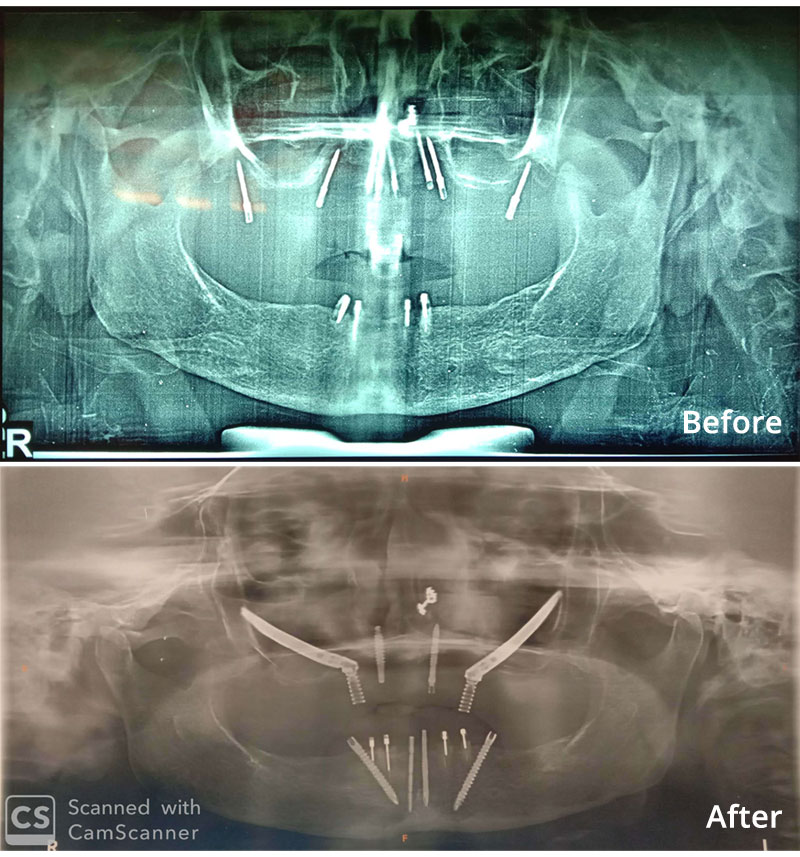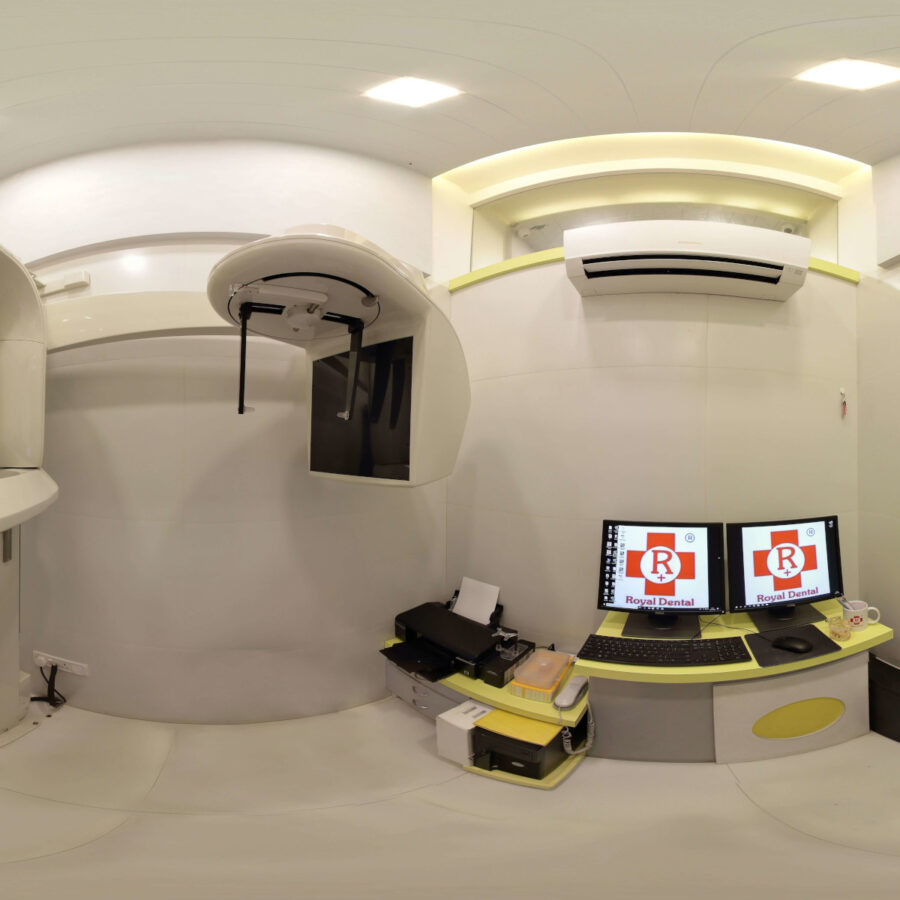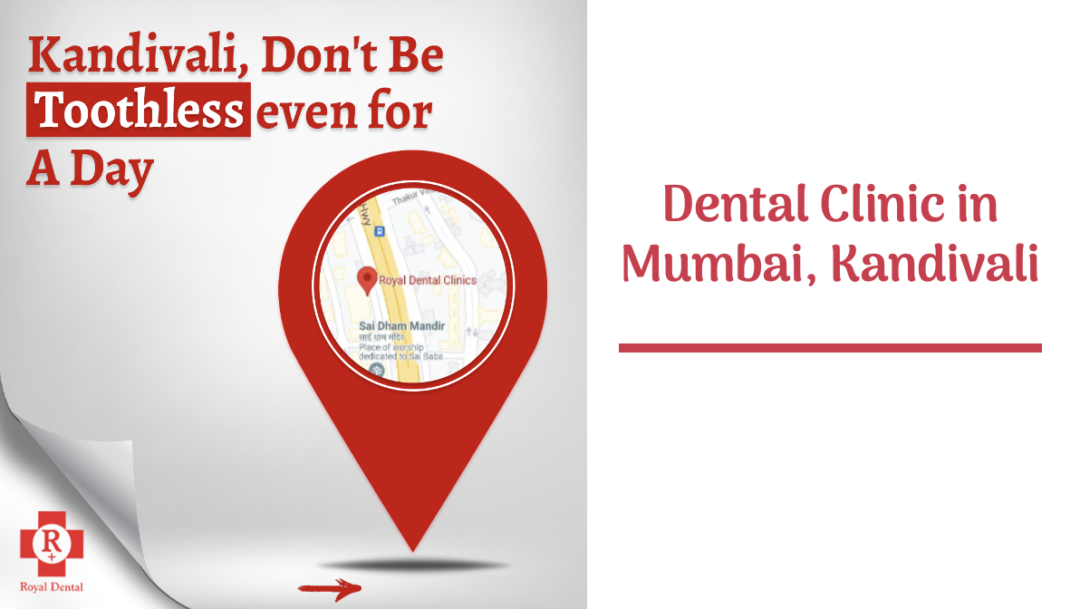Dental computed tomography (CT) scans are an imaging technology that’s commonly used to diagnose tooth decay, bone density, and other dental concerns. However, many people have misconceptions about the risks associated with CT scans and their benefits as a diagnostic tool. Even if you have had a CBCT scan before, there are several important details regarding dental CBCT scans. That may not be common knowledge. This article addresses some of the most frequently asked questions about dental 3D scans so you can make an informed decision regarding whether this procedure is right for you.
What is a dental CT scan?
A dental CT scan is an imaging procedure that uses computerized tomography (CT) technology to image the teeth and surrounding tissue. A CBCT scan creates cross-sectional images by rotating the patient around. The X-ray source while a computer takes readings from different angles. The data is processed to create cross-sectional images of the patient’s teeth and other oral tissues. A dental CBCT scan allows your dentist to view the inside of your mouth, teeth. And gums without having to perform invasive procedures such as root canals or extractions. Dental CT scans are often used for diagnosing tooth decay, cavities, and gum disease, as well as imaging dental implants. And other dental prosthetics.

What is a dental computed tomography scan?
A dental computed tomography (CT) scan is simply a dental CT scan that is performed using a computerized machine scanning instead of a rotating machine. The benefits of using a computerized machine are that it can store images, adjust for different patients, and creates less exposure to radiation than a rotating machine. A dental CT scan can cost anywhere from $200 to $1,000 depending on the region of the country and the type of equipment used. The price may also vary based on whether it’s a standard or panoramic CBCT scan.

Who should get a dental CT scan?
According to the American Dental Association, a dental CBCT scan is recommended for people who have experienced tooth decay. Oral/dental surgery, oral/dental trauma, unexplained tissue breakdown, unexplained pain, and unexplained swelling in the mouth or gums. If you are one of these people, a dental CT scan may be the best way to see inside your mouth to find the cause of your symptoms. If you have any of the above-mentioned dental issues, your dentist may recommend a dental 3D scan to get a better look at the problem area to find the best solution for your situation. People who are allergic to X-rays or have certain medical conditions should consult with their dentist to determine if a 3D scan is right for them.
How is a dental CT scan performed?
The process of getting a dental CT scan is similar to that of an X-ray. Your dentist will first apply a topical anesthetic to the part of your mouth that needs to be imaged. The anesthetic will numb the area so you don’t feel any pain as the machine rotates around you and collects the images. Once the topical anesthetic has taken effect. Your dentist will place a device inside your mouth to shield the rest of your face from the machine’s radiation. The machine will then rotate around you, collecting images of your teeth and gums for about 15 seconds. The entire dental CBCT scan procedure takes about five minutes and can be completed while you’re sitting in a dental chair. Fully conscious, or while you’re lying on an imaging table.
Benefits of a dental CT scan
Dental CT scans are beneficial because they can help your dentist identify dental issues that may not be visible in the mouth with an X-ray alone. A dental CT scan will give your dentist a better view of your mouth to see areas of decay. Bone loss. And other problems that may not be visible on an X-ray. Dental CT scans can also be used to plan oral surgery and dental implants. Using a dental CT scan allows the dentist to create a three-dimensional model of your mouth. Which can then be used to plan surgical procedures.

Dental CT scans can also be helpful for people who have had radiation treatment to the head, neck. Or chest because the radiation may have caused bone loss in the jawbone. Bone loss in these areas can cause teeth to become loose or fall out, which can lead to oral health issues. A dental CBCT scan can be used to identify these issues before they become serious.
Risks associated with a dental CT scan
Many people worry about radiation exposure from dental 3D scans because they fear the same risks associated with X-ray exposure. However, dental CT scans use a much lower dosage of radiation than standard X-rays. In fact, dental CT scans use a dosage that is equivalent to the amount of radiation you would be exposed to on a cross-country flight. Dental CT scans also use a form of X-rays that emit beta rays. Which are less harmful to the body than X-rays that emit gamma rays.
However, dental scans are not completely risk-free. People who undergo multiple dental CT scans over the course of their life may experience an increased risk of radiation-related diseases such as cancer and heart disease. People who are pregnant or breastfeeding are advised to stay away from dental 3D scans because the machine’s radiation may harm the fetus or breast milk. If you have a serious medical condition, such as an immune disorder. You should consult with your dentist about the risks of dental CBCT scans.
Final words
Dental CT scans are a great way for dentists to get a better view of the inside of your mouth without having to perform invasive procedures such as root canals or extractions. Dental CBCT scans are often used for diagnosing tooth decay, cavities, and gum disease. As well as imaging dental implants and other dental prosthetics. While dental 3D scans are beneficial, they do come with risks associated with radiation exposure. If you have dental issues that require a dental 3D scan. Make sure you are aware of these risks and discuss ways to minimize your exposure to radiation with your dentist.






